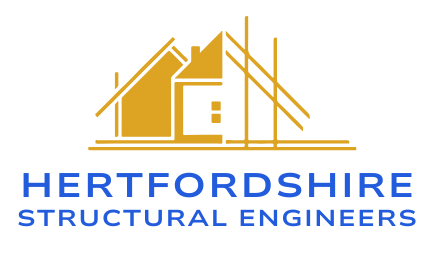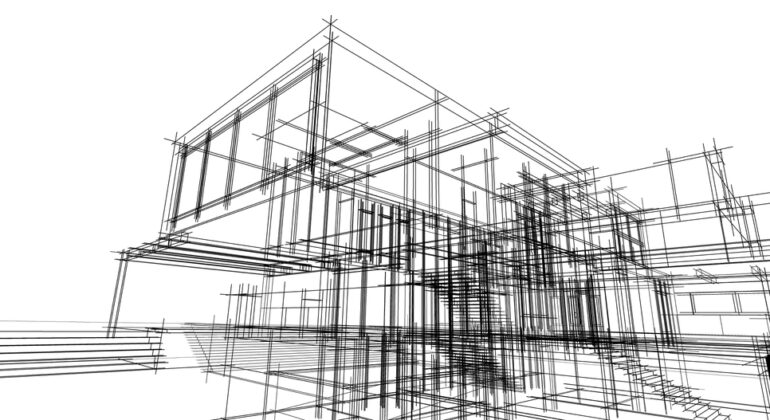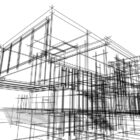A structural engineer examines how a building will respond to a range of forces – from its own weight and the loads it must support, to the impact of wind, rain, snow and even ground movement. They calculate how beams, columns, foundations and walls should be constructed to handle these stresses without risk of failure.
Their expertise extends beyond new builds. Structural engineers are also invaluable when you’re renovating, extending or repairing an existing property. Whether you’re knocking through walls to create an open-plan kitchen, converting a garage into living space, or reinforcing a listed building, they make sure your plans won’t compromise the building’s integrity.
Why Their Input Matters
Engaging a structural engineer at the right stage can save you time, money and worry. Early involvement allows them to identify potential challenges before they become expensive problems – for example, weak ground conditions, the need for deeper foundations, or load-bearing walls hidden behind plaster.
Their calculations and drawings form a crucial part of the information required for planning applications, building control approval and contractor quotes. Without this input, projects may stall, or worse, result in unsafe work that could lead to structural damage or even legal liability.
Choosing the Right Structural Engineer
With such an important responsibility, selecting the right professional is essential. When researching engineers, consider the following:
Qualifications and Accreditation
Make sure your engineer is suitably qualified – in the UK, this typically means chartered status. Accreditation demonstrates that they meet strict professional standards.
Relevant Experience
Look for someone with a strong track record in projects similar to yours, whether that’s residential extensions, heritage refurbishments or commercial builds. Ask to see examples of past work and, if possible, speak to former clients.
Communication Skills
A good engineer won’t just provide technical drawings; they’ll explain their recommendations in clear, accessible language so you understand how their advice supports your goals.
Key Questions to Ask
When meeting potential engineers, consider asking:
- What experience do you have with projects like mine?
- What will you look for during the initial site inspection?
- How do you present your findings – will I receive drawings, calculations or a written report?
- If problems arise, what solutions or alternatives can you propose?
- How do you liaise with architects, builders and building control officers?
These questions help you gauge both competence and approachability, ensuring you feel confident in their guidance.
Working Together for a Successful Build
Once appointed, your structural engineer will work closely with your architect and contractor, providing detailed drawings, calculations and advice throughout the project. Their involvement doesn’t end once paperwork is complete – they can also carry out inspections during construction to confirm that work matches the approved design.
By investing in a qualified, experienced structural engineer, you’re not just paying for paperwork; you’re safeguarding your property, protecting your budget and giving yourself peace of mind that your project is built on solid ground – literally and figuratively.
If you’d like to discuss your plans with our team of structural engineers, call us on 01727 298 148 or get in touch via our contact form. We’ll be happy to advise you on the best way to bring your project safely to life.




